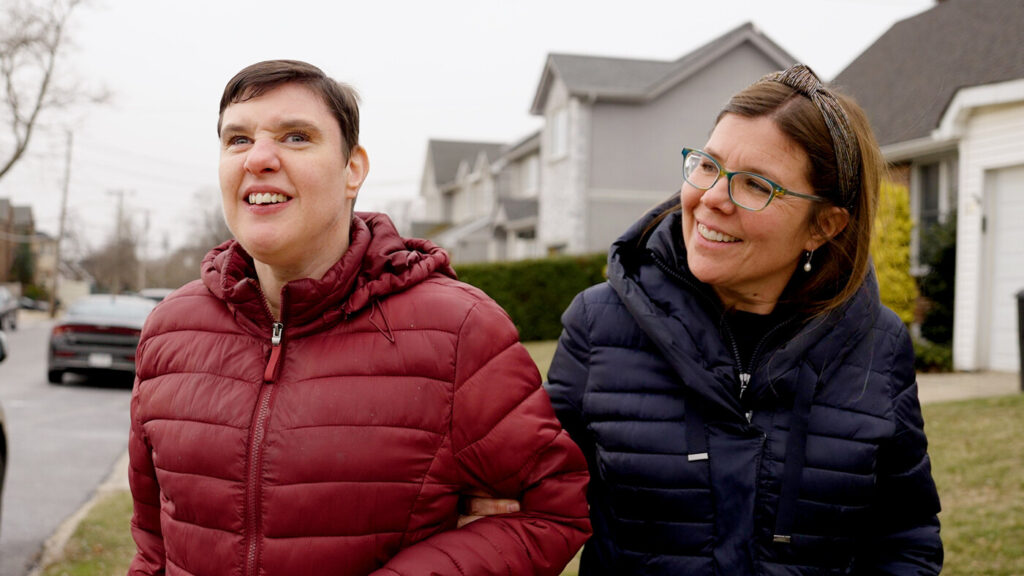Your Role in Planning & Why It Matters
Future planning works best when families talk openly and work together to support the person with an intellectual or developmental disability (IDD) in building a full, self-directed life. Sometimes, parents find it difficult to discuss future planning because it can bring up emotions, uncertainty, or fear. If this happens in your family, start small, be patient, and focus on building a shared understanding. You can use these tips on how to get the conversation started.
Not every sibling wants or is able to take on a caregiving role. That’s okay. Supporting your sibling can take many forms, from being a trusted advocate to helping manage decisions, or just staying in regular contact. What matters most is being honest with yourself, your family, and your sibling about what you’re comfortable doing, now and in the future. And remember that planning involves ongoing discussions as circumstances change.

Ways to Support Your Sibling
You don’t need to do everything. Siblings provide support in different ways. Some take on daily responsibilities, while others stay involved in smaller but meaningful roles. Here are some examples of how you can help.
- Help them live independently
- Coordinate services and supports
- Assist with health care or appointments
- Provide financial guidance
- Offer social support and family connection
- Advocate for them when needed
If your sibling can participate in planning, their input should be central. Ask what they want, what kind of support they’re comfortable with, and how you can help make that happen.

How to Get Started
As you begin planning, it can help to gather information and talk through key areas together. Planning takes time and should evolve as life changes, but every step helps. Start by thinking about some of the following questions, then explore our planning priorities.
- What kind of help does your sibling need day to day?
- Where do they want to live, and what help do they need to make that possible?
- Who manages their appointments? Who helps them make decisions?
- What public benefits (like Supplemental Security Income) or savings tools (like ABLE accounts) are in place?
- How can you help your sibling stay connected to family, friends, and the community?
When you’re ready, start documenting your plan, so there’s an easy place to reference when things happen or change.
Future Planning Webinar for Siblings
This webinar offers perspectives from two siblings of people with IDD.
Connect With Other Siblings
You’re not alone. Many siblings of people with IDD across the country are thinking about the same questions. The following groups can offer support, connection, and tools to help you move forward.
